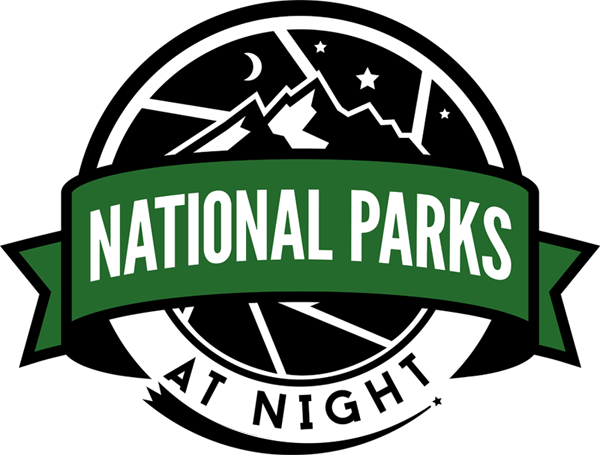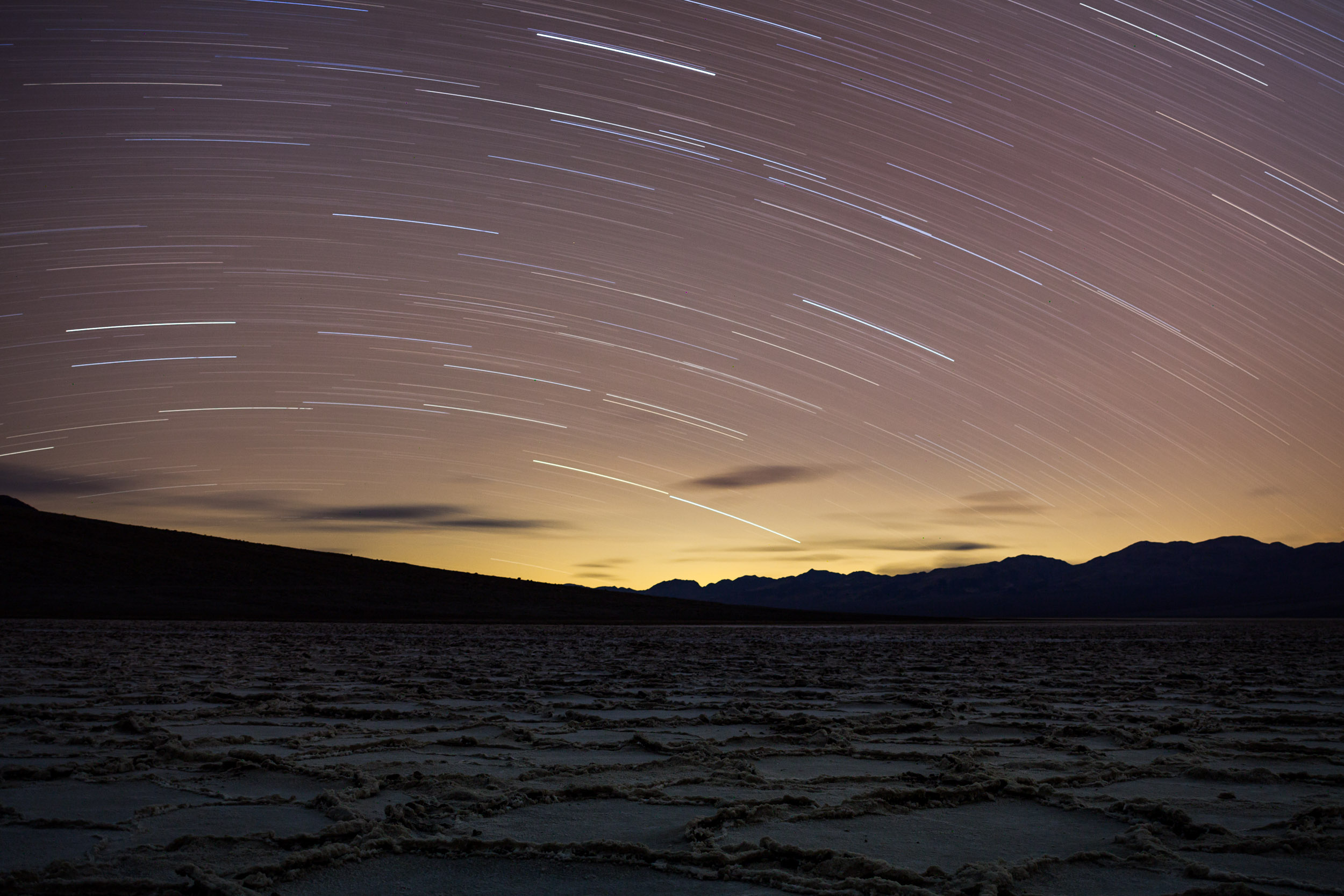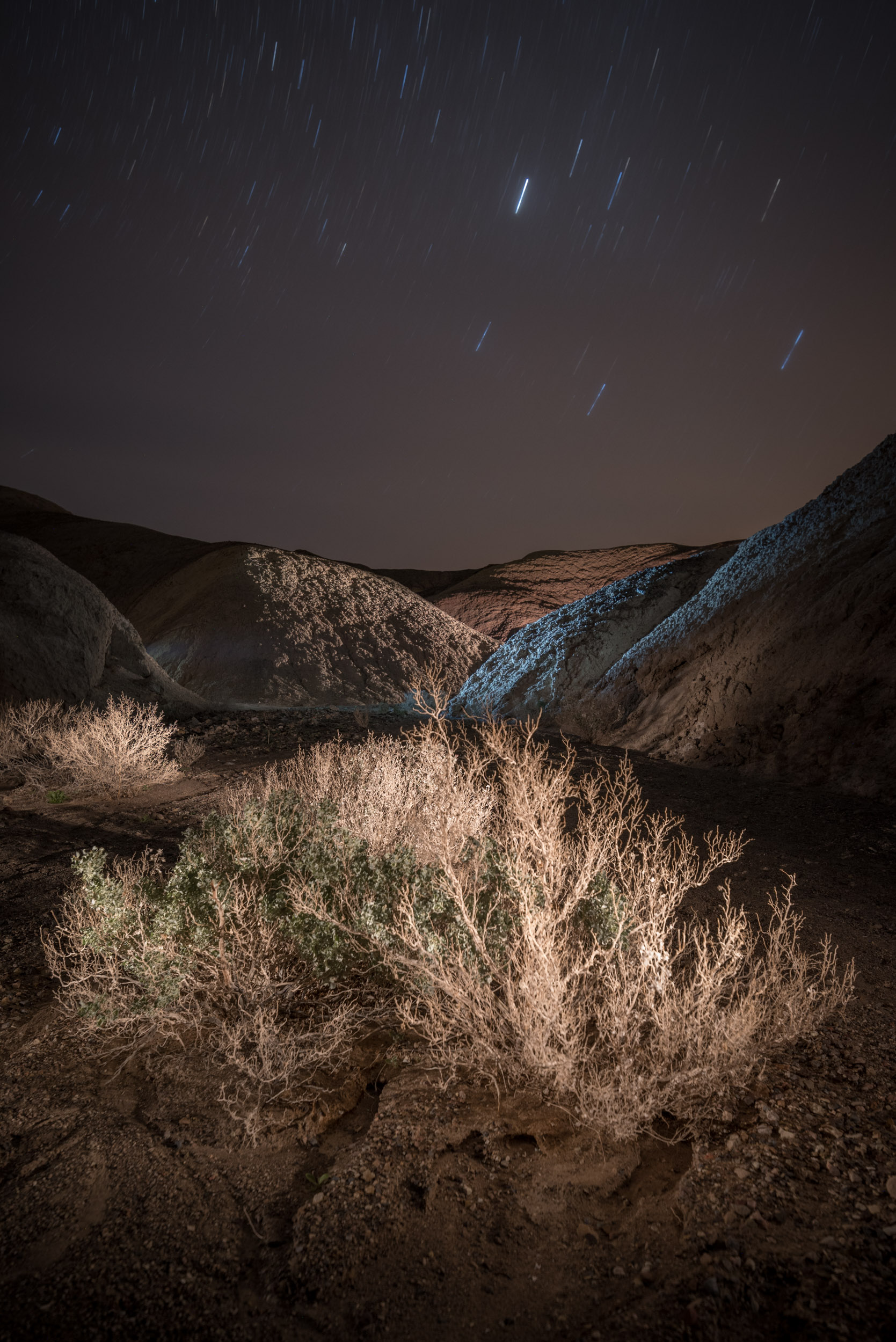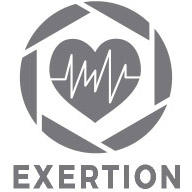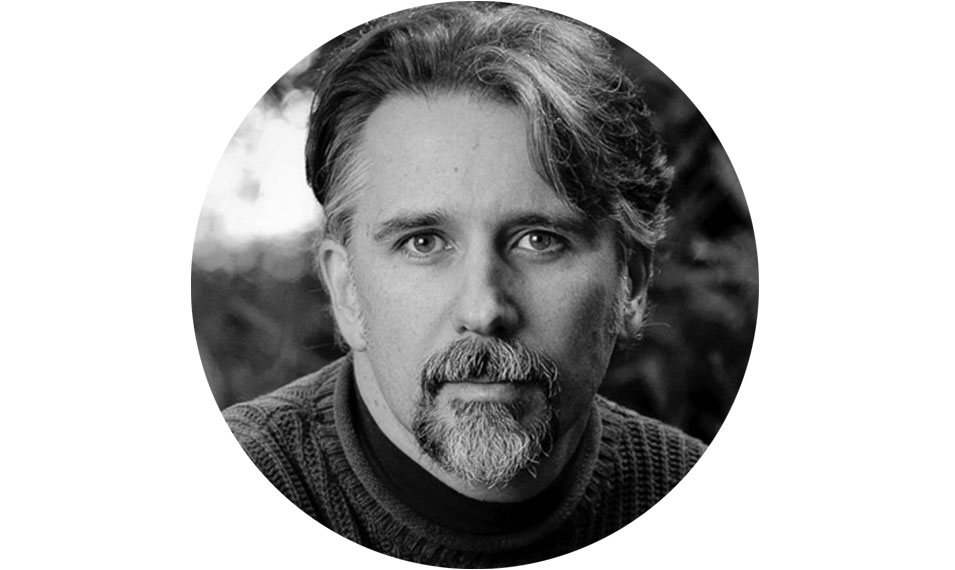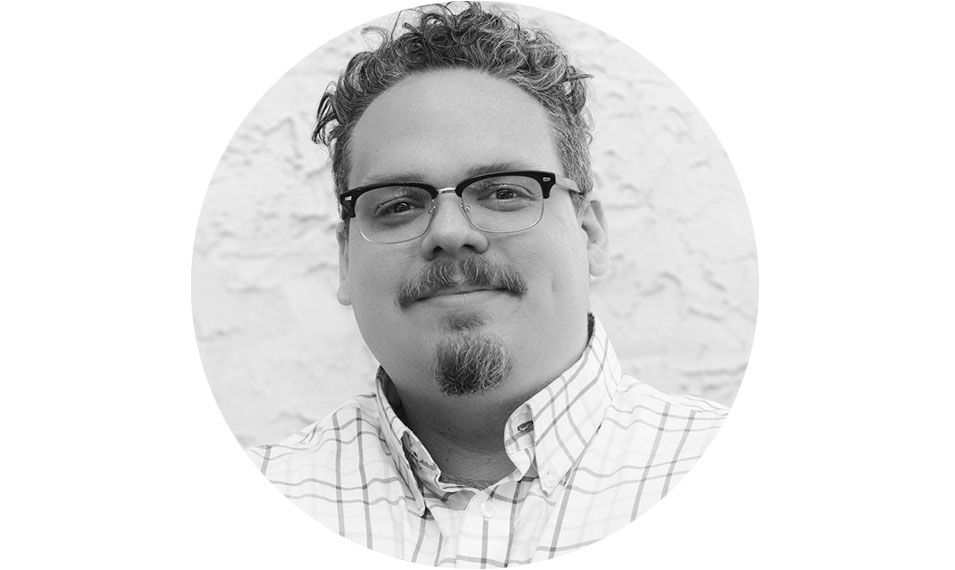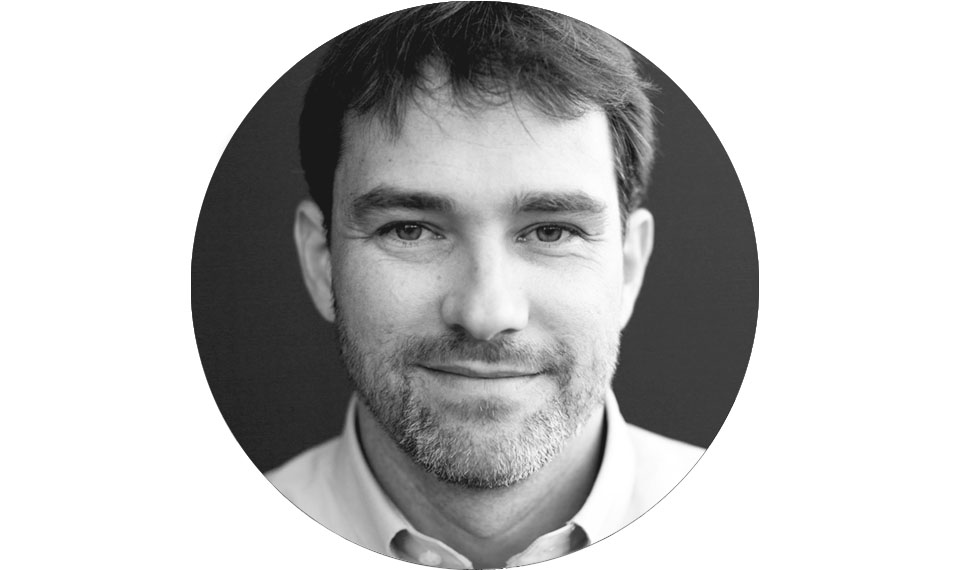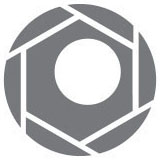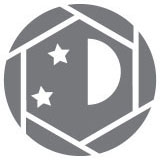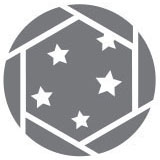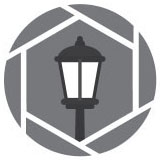Death Valley
The vote is in, and Death Valley was the clear choice in our poll for our first alumni-only advanced workshop. And it’s a great choice! Death Valley has one of the darkest skies to be found in America, full of extreme conditions and opportunity for remarkable images. The largest national park in the continental U.S., it features a plethora of diverse opportunities for landscape photography, from salt flats and formations to rugged desert peaks, from soft rolling sand dunes to quirky historic structures. We’ll be exploring and photographing all this and more under some of America’s darkest, most sparkling night skies.
Workshop Gallery
Workshop Details
February 2-7, 2020 — Completed
This is a 5-night, 6-day workshop. Your adventure begins at 11 a.m. on Sunday, February 2, and ends at 4 p.m. after the final slideshow on the afternoon of Friday, February 7.
$1,999 + applicable taxes. Register below.
Skill level
This is an advanced, alumni-only workshop for people who are confident in their night photography and light painting abilities, and who have attended at least three previous National Parks at Night workshops.
Class size
15, with 3 instructors — 5:1 ratio
NPS website
Workshop Leaders
Register Now Waitlist Only
THIS EVENT HAS PASSED. THANKS FOR YOUR INTEREST!
Deposit of $500 is required to reserve your spot at the workshop.
Balance of $1,499 on November 4, 2019.
Pay balance here.You may choose the “Pay in Full” ticket if you desire to pay all at once.
Last day for a cancellation request is November 3, 2019 (see cancellation and refund policy).
The workshop fee does not include transportation to and from the park, lodging, most food or the park admission fee.
An opening-night welcome dinner is included in the ticket price.
The Death Valley All-Alumni Experience
We’re planning this workshop just for you, our most dedicated alums. After at least three workshops with us, you know your stuff, but you keep coming back. You can’t imagine how proud and happy that makes us. We also know that by now you need something more. That’s what this workshop is all about. You’ve heard the lectures, and could probably give them yourself. You’re images are well exposed, usually in focus. You know your way around a Coast HP7R, and you might even own a filter for it. But you want to turn it up to 11. We want to help you to take your work to the next level. How will we do that?
We’ll have a conversation––before the workshop begins—to identify sticking points, trouble spots, or simply areas where you feel like your images could be stronger. We’ll develop a plan for you once we get to Death Valley. In small groups of five working in three separate locations per night, you’ll work one-on-one in the field with each of the three NPAN instructors during the trip. Shooting alongside us from concept to completion, but with the focus always on you and your images.
During the afternoons, instead of lectures, we’ll have daily open labs where everyone can work on their images, and meet with us––whichever of us is best suited to your needs. We’ll have our usual image reviews, but with more emphasis on the image itself and less on basic development, unless you ask for it.
With three instructors and a 5-to-1 ratio, you’ll get more time with us, and your fellow attendees will all be advanced photographers. This will be a focused, productive, intensive, image-making workshop. Together, we’ll set individualized goals, and work toward them throughout the week. And we’ll do this while photographing in one of the very best national parks for night photography—the one you voted to go back to.
What You Should Know
If you have found yourself on this page, you have the skills required to take the workshop. You may lack confidence, or still have questions, but we all do at times. If you are starting to ask, “Why do I make images?” rather than, “How do I make images?” then you’re in the right place.
What You Will Learn
We hope to push you to step outside your comfort zone—that’s always our goal. What you learn during this workshop will be guided by the questions you bring to it. We’ll help you formulate those questions in our scheduled conversation before the workshop.
TOPICS COVERED WILL INCLUDE:
identifying your strengths and weaknesses with regards to night photography
setting goals for your photography
any specific photo-related topic you’d like assistance with
and more …
This workshop will have one-on-one sessions with each instructor for portfolio reviews, technical or aesthetic questions, time to work on your images, and daily image reviews. We’ll build in some time to connect with your colleagues and to explore the park, and of course to photograph every night.
We’ll break our field sessions into smaller groups to allow you maximum access to roam, and we’ll choose from the many available locations based on each group’s desires and goals.
As always, we won’t tell you what to photograph, and won’t line you up in a row to all shoot the same thing. Instead, we encourage you to use what you have learned to create your own unique images, and to let us guide you through the process should you desire. We do not teach you to do what we do, but rather how to develop your own night vision.
Night & Light Conditions
Travel
Flying into Las Vegas is how most people get to Death Valley. It’s a bit more than 2 hours from our base, but the closest airport by far, and the drive is easy and desert-scenic. We hope you’ll consider coordinating your flights and carpooling with others in the workshop. This is a great way to reduce the carbon footprint, save money, conserve resources, and get to know your fellow attendees better.
You will need a rental car, and a high clearance or AWD vehicle is recommended to expand location opportunities (yes, The Racetrack is on our radar, conditions-depending). If you are interested in carpooling or sharing a rental car, let us know and we will try to connect you with another attendee looking for the same. You are responsible for arranging and paying for your own transportation.
Nearby Airports:
Las Vegas (LAS) — 2.25 hours from Furnace Creek
Los Angeles (LAX) — 5 hours
Palm Springs, California (PSP) — 6 hours
Food & Lodging
The facilities at Furnace Creek have recently been renovated, and we are currently working with them on a package for this workshop. Once the details have been finalized, you’ll receive an email with information about room reservations.
You are not required to stay at the official workshop lodging. There are good options for camping and RVs, but you’ll need a cold-weather sleeping bag if you’re in a tent.
We encourage eating two meals per day—a good breakfast and a great late lunch. When on the night shoots, you may wish to bring snack food or a sandwich and plenty of water.
On the first night of the workshop, National Parks at Night will treat attendees to a group welcome dinner at the finest restaurant in the park, The Inn Dining Room at The Oasis of Death Valley. We will enjoy an excellent dinner next to an inspiring plate-glass-window view of the park, getting acquainted—or reacquainted as the case may be. Right before heading out to shoot, of course.
You are responsible for arranging and paying for your own meals (aside from the group dinner mentioned above) and accommodations.
Weather
Expect daytime highs in the 70s, lows in the 40s. If we decide to visit some of the higher elevation locations (and why wouldn’t we?) the temperatures we can expect will be as much as 40 degrees colder than in the valley.
Recommended Attire
Shorts and short-sleeve shirts for daytime, multiple layers of warm winter clothing for the night shoots (including a good coat or shell jacket). Comfortable and protective shoes are recommended for getting around. There won’t be long or difficult hikes, but we will be well off of the pavement, so quality trails shoes or hiking boots would be optimal.
Considerations
No vigorous activity will be required during the workshop, but please consider your physical abilities prior to registering. There won’t be any long hikes, but there will be trails involved, and you should be comfortable carrying your own equipment over uneven ground in the dark.
Please read our FAQs section for more information about skill and gear requirements, and other information that pertains to all our workshops.
If you have questions, please contact us—we're happy to talk it over with you.
Coming back again ...
“Death Valley’s sheer size means that no matter how many times I visit, I’ll always have something new to see and explore when I’m lucky enough to return.”
I seem to have acquired the title of the “California Workshop Guy” at NPAN HQ. I led our initial Death Valley workshop in 2016, followed in subsequent years by Joshua Tree, Redwood and Lassen Volcanic, and I have been preparing for a couple of future California National Park workshops as well.
I’d happily take the lead on all nine national parks here, as I have a special fondness for the Golden State. I lived in San Francisco and Santa Cruz for a decade, and tried to find a way to get back for years after I left. (Now, I’m totally content in Vermont.)
I’ve probably spent more time in Joshua Tree, Yosemite and Death Valley than all of the other California national parks combined. Of those, Death Valley is the one I’m always the most excited to return to.
It’s the largest U.S. national park outside of Alaska, and it encompasses a wide range of geology and landscapes. Its sheer size means that no matter how many times I visit, I’ll always have something new to see and explore when I’m lucky enough to return.
When we chose the five parks for you to vote on for our first all-alumni gathering, Death Valley was an obvious choice to include. And I’m not surprised that you chose it, despite the other four great options we presented. I can’t think of a better way to celebrate our fifth anniversary than with some of our most loyal customers, at one of my favorite parks, with two of my four favorite NPAN partners.
I know this week will be full of friends, reminiscences, new discoveries and lots of great images. I can’t wait, and I know Matt and Chris feel the same way. See you there!
